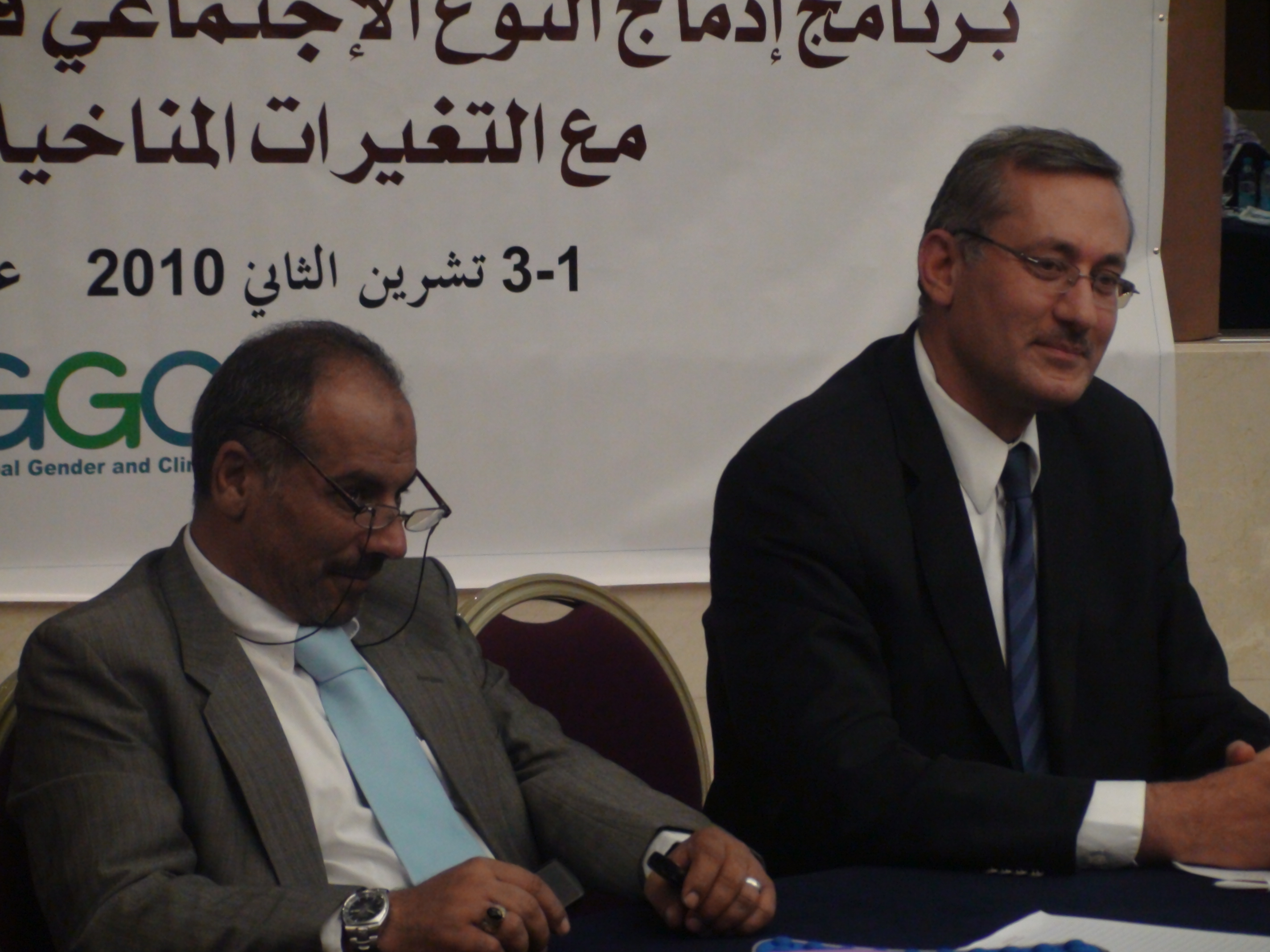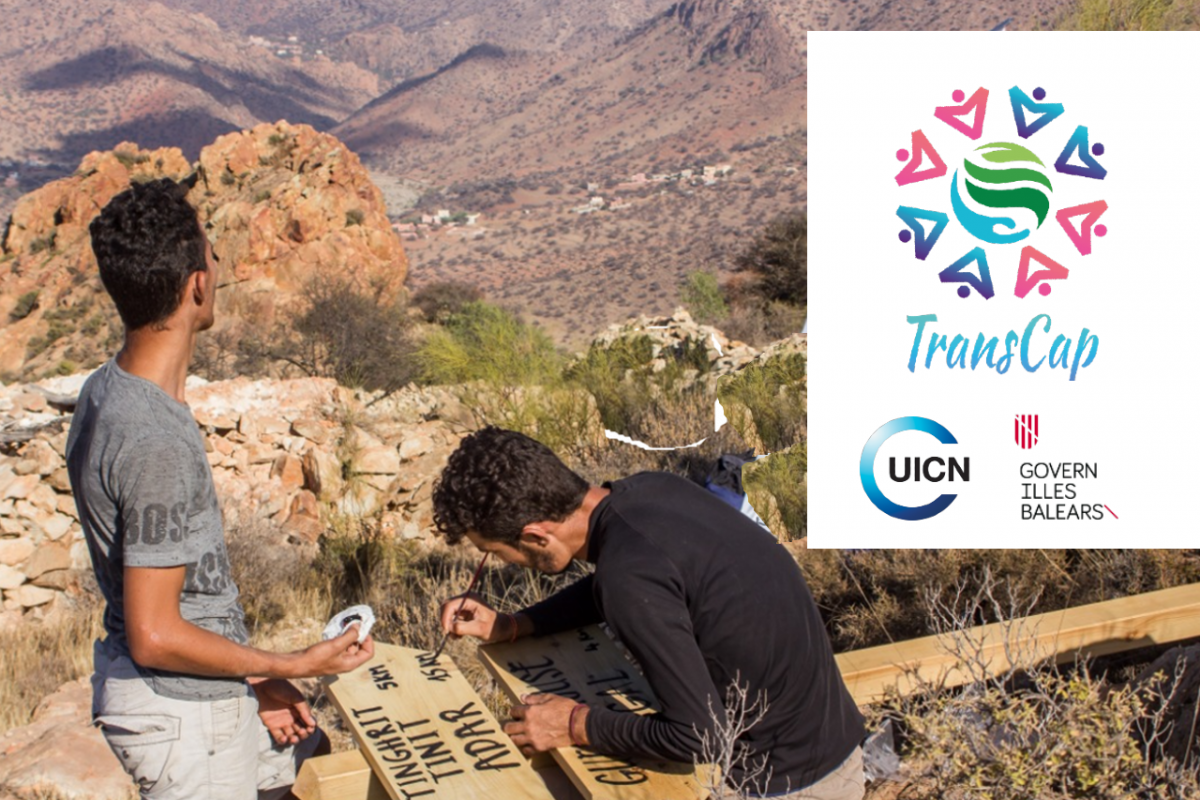Jordan first Arab country to mainstream gender in climate change policy
Amman, Jordan – 2 November 2010. Water scarcity is one of the major challenges affecting the Arab region as a direct result of the impacts of climate change. Jordan was one of the first developing countries to respond to this challenge by signing the United Nations Framework Convention on Climate Change (UNFCCC).

Photo: Rania Faouri
In this regard, the Jordanian Ministry of Environment, in cooperation with IUCN - the International Union for Conservation of Nature – Regional Office for West Asia and the Office of the IUCN Senior Global Gender Adviser, organized a national workshop under the theme “Gender and Climate Change – Towards a Gender Plan of Action in Climate Change in Jordan”. The workshop was held 1-3 November in Amman as part of a work programme implemented through the Global Gender Climate Alliance (GGCA) of which IUCN is a founding member. The hosting of the workshop was made possible through the generous financial support of the Government of Finland.
“Parties to the climate change countries have been requesting the mainstreaming of gender considerations in climate change mitigation and adaptation policies and initiatives,” said Lorena Aguilar, IUCN Global Senior Gender Advisor. “The steps taken by the Ministry of Environment in Jordan puts the country at the forefront. Jordan will be the first country in the Arab League to start this process”.
Participants at the workshop focused on exploring mechanisms and entry points through which gender considerations could be included in the Third National Communication (TNC) report to be delivered to the UNFCCC. The report will be based on four priority areas identified within the context of adaptation and mitigation, i.e. water, energy, agriculture and waste, and from which Jordan will be seeking funding from the Global Environmental Facility (GEF) as funding mechanism to the UNFCCC to fund these projects. The report will also include social dimensions such as gender and with the adoption of this programme, Jordan will become the first Arab country to mainstream gender in its national climate change policy.
“Climate change has become a major challenge threatening the planet and species worldwide. Jordan has taken major steps in climate change adaptation. The Ministry of Environment is in the process of mainstreaming the gender perspectives into their Third National Communication (TNC) through drawing emphasis on the socio-economic impacts of climate change,” said Hussein Badarin, Department Manager for Monitoring and Evaluation at the Jordanian Ministry of Environment.
The convening of the workshop in Amman is groundbreaking and seen as a clear indication that the Government of Jordan has recognized that women and men experience the impacts of climate change differently, and that existing gender inequalities lessens women’s capacity to cope with this change.
From research conducted by IUCN over a period of 20 years, it is shown that women are important agents of change and holders of significant knowledge and skills – assets that could be employed in projects on mitigation and adaptation, hence significantly reducing vulnerability of communities and making them an indispensable asset in the fight against climate change.
“Jordan is considered one of the first countries to initiate gender mainstreaming in the national climate change agenda. IUCN has a mandate to assist governments and civil societies in the transition towards sustainability through building national capacity and sharing knowledge,” said Dr. Odeh Al-Jayyousi, IUCN West Asia Regional Director.
The document will be translated in Arabic after completion.
For more information contact:
Rania Faouri, Communications Officer, IUCN Regional Office for West Asia.
e. rania.faouri@iucn.org



